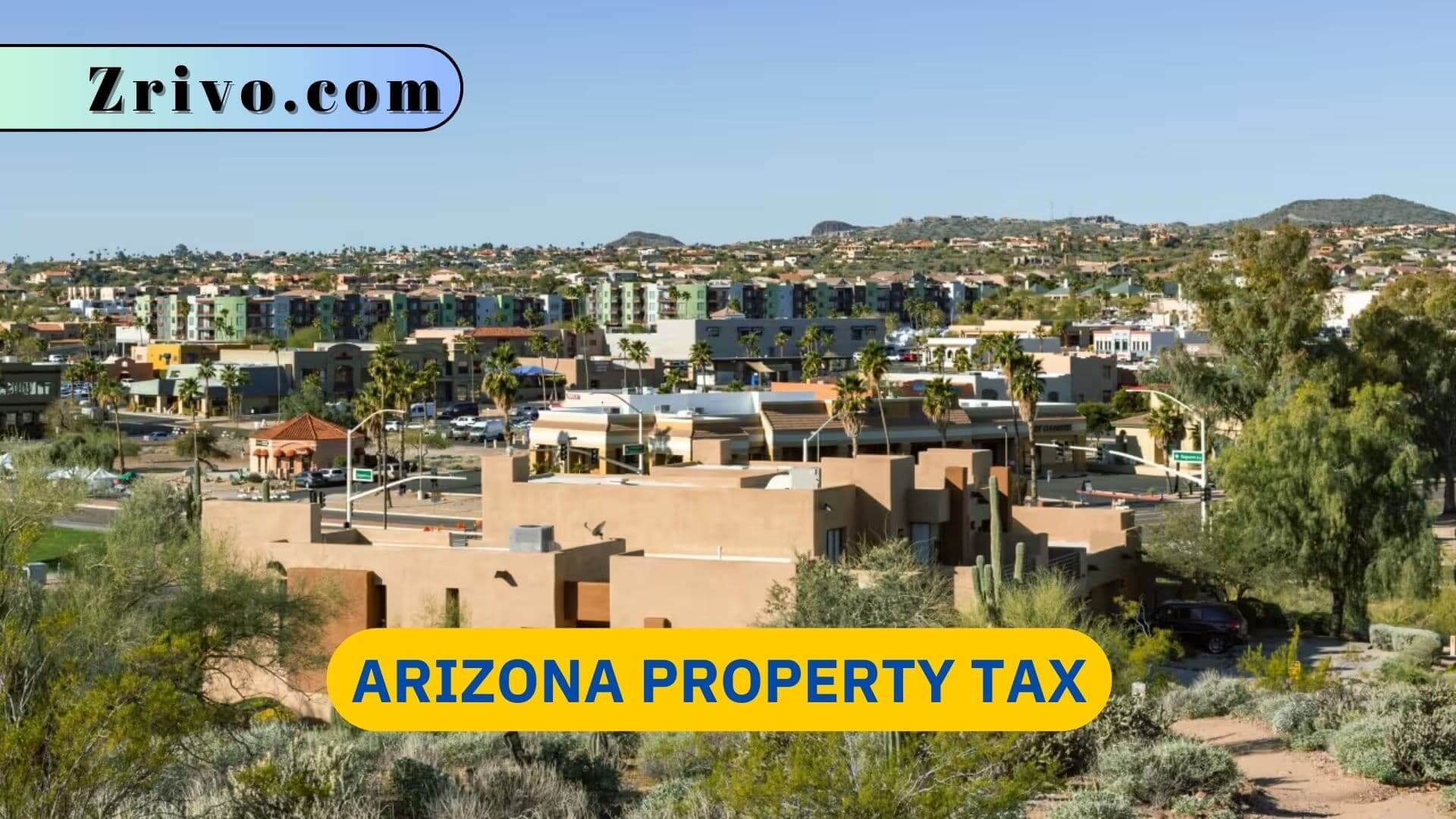
The Arizona property tax is a state tax levied on the value of real estate properties within the state. It is used to fund local government services, including schools, public safety, and infrastructure development. As a property owner in Arizona, you must be aware of the various tax implications that can affect your financial status. This is especially true if you plan on buying or selling a home. These tax ramifications can be complex, and it is important to understand them in advance. A knowledgeable and experienced tax attorney can help you navigate the process.
Arizona’s overall median effective property tax rate is around 0.51%, significantly lower than the national average of 0.99%.Median Annual Bill: Based on this rate and median property values, the typical Arizona homeowner pays about $1,707 in property taxes annually.
The Arizona property tax rate varies by county, and additional factors, such as exemptions and deductions, may affect the final tax amount. Typically, residential property taxes in Arizona are based on the property’s assessed value. You can determine this by calculating the assessed value of your home, subtracting any exemptions or deductions, and multiplying the result by the applicable tax rate. You must also calculate any interest that may be owed on your taxes.
The Arizona property tax system is complex, but county assessors and treasurers provide valuable information and assistance to residents. This includes tools such as online calculators and customer support. Additionally, they offer avenues such as assessment appeals that can alleviate the burden of managing property taxes. However, it is important to note that these appeals have a set deadline for post-assessment notice, and failing to meet this deadline will waive your right to appeal for the following tax year.
How to Calculate Arizona Property Tax?
To calculate Arizona property taxes, first determine the property’s assessed value. This value is based on the property’s location, size, and condition. Then, calculate the taxable value by multiplying the assessed value by the applicable tax rate. Finally, subtract any exemptions or deductions to get the final property tax amount.
Residents can reduce their property taxes by claiming any applicable exemptions or deductions, appealing the assessed value, and researching comparable properties in the area. By doing so, they can ensure that their taxes are not excessive and stay in line with the rest of the community. They can also lower their property tax by investing in improvements or making renovations to their home. In addition, they can use a property tax calculator to streamline budgeting and stay informed about their current liability.

Property Tax Rates in Arizona by County in 2025
Property tax rates in Arizona vary by county and can even differ within municipalities within the same county due to additional levies for schools, fire districts, and other special taxing districts. However, I can provide you with the Average effective property tax rates for each county in Arizona as of January 2024:
| County | Average Effective Property Tax Rate |
| Apache | 1.65% |
| Cochise | 0.80% |
| Coconino | 0.63% |
| Gila | 0.72% |
| Graham | 0.64% |
| Greenlee | 0.39% |
| La Paz | 0.80% |
| Maricopa | 0.64% |
| Mohave | 0.70% |
| Navajo | 0.75% |
| Pima | 1.00% |
| Pinal | 0.75% |
| Santa Cruz | 0.76% |
| Yavapai | 0.58% |
| Yuma | 0.84% |